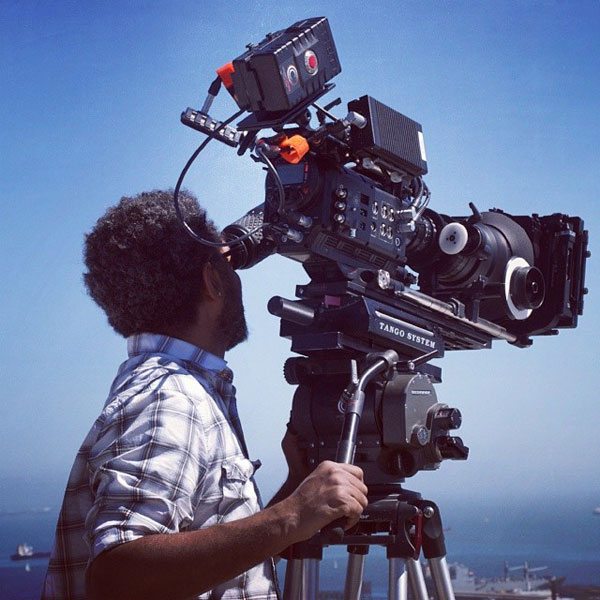
August 15, 2017; Deadline Hollywood
Some underrepresented groups in documentary filmmaking will receive a boost from the John D. and Catherine T. MacArthur Foundation, which will give $5.7M to seven organizations that support nonfiction filmmakers from diverse backgrounds. The Foundation seeks to address a well–documented problem in the film industry: the whitewashing of history. The “Disneyfication” of history has led to a misunderstanding of the current state of the world. More voices in the discussion may not necessarily result in a universal understanding of history, but additional perspective is absolutely needed.
Sign up for our free newsletters
Subscribe to NPQ's newsletters to have our top stories delivered directly to your inbox.
By signing up, you agree to our privacy policy and terms of use, and to receive messages from NPQ and our partners.
The MacArthur Foundation has been increasing its support of nonfiction filmmaking, adding to eight other organizations it supports. Among the groups to benefit from the new funding are Sundance’s New Frontier and Native Fund, Black Public Media’s 360 Incubator + Lab, and the Southern Documentary Fund. Funding will also go to Docs in Action, which will help produce short films for use in social movements.In economics, there is a concept known as an “availability cascade” that explains how bias can be reinforced by available information. This could explain why certain myths in Hollywood are so hard to dispel. Take, for example, the common trope that only white male leads will be profitable in blockbusters. Leading roles are rarely given to female actors and actors of color, and when they are, there is added attention and scrutiny given to those films. If they flop, they receive more attention for the actor than the many other reasons a film can flop, playing into the existing narrative.
One thing that may jolt the filmmaking industry out of these sorts of cycles is increased opportunities for underrepresented groups. Hopefully, the MacArthur Foundation’s funding will be the jolt that documentary films need. One can imagine that diversity of perspective is even more important in the nonfiction genre than in fiction, since the filmmaker is attempting capture and tell a true story. With any luck, the industry will start seeing these films debut and we will see a more equitable market develop.—Sean Watterson













